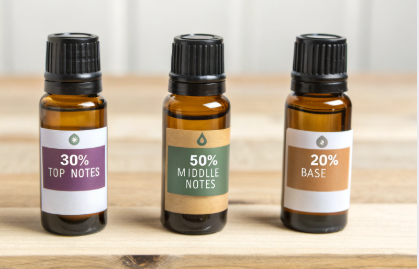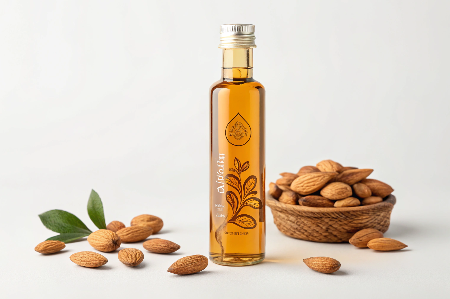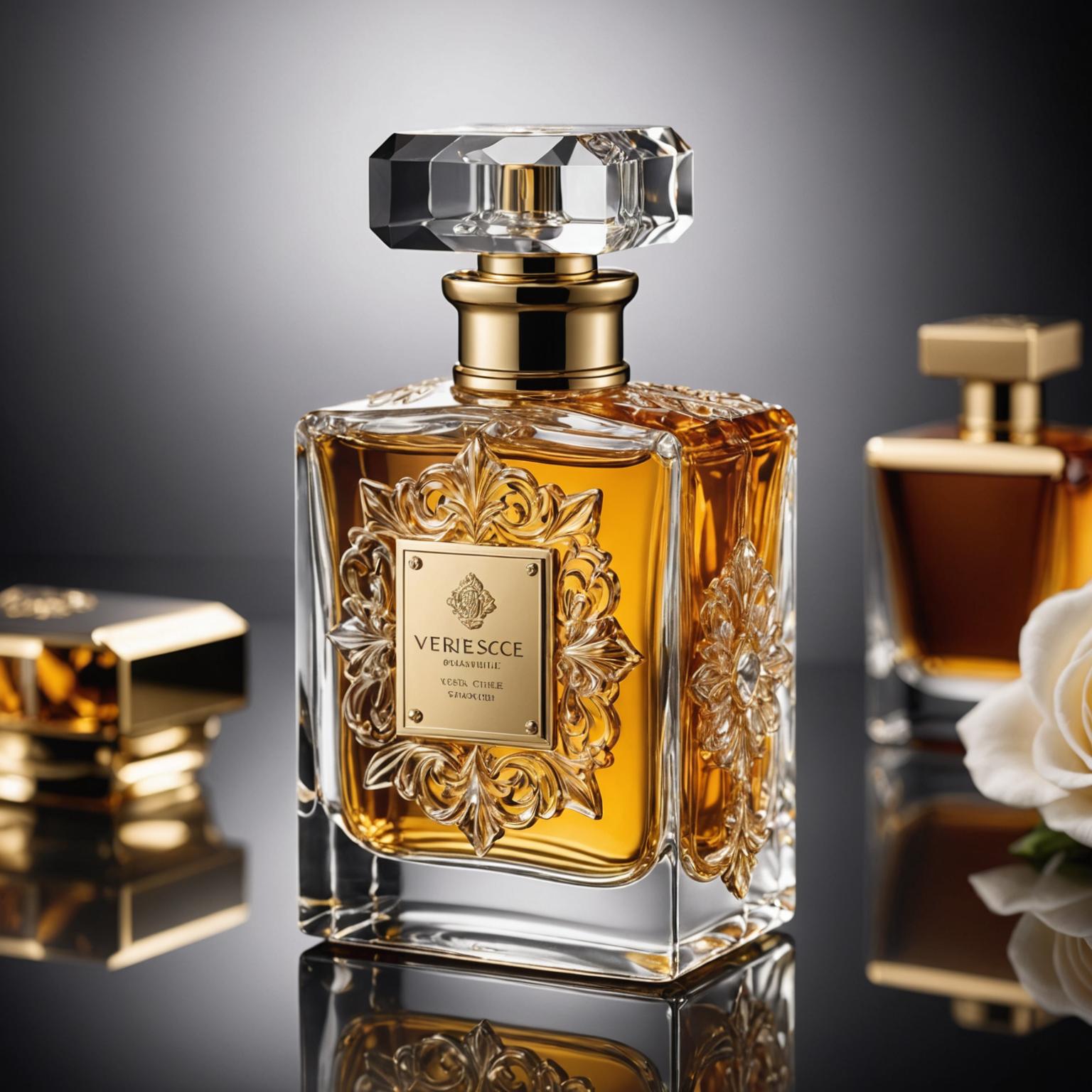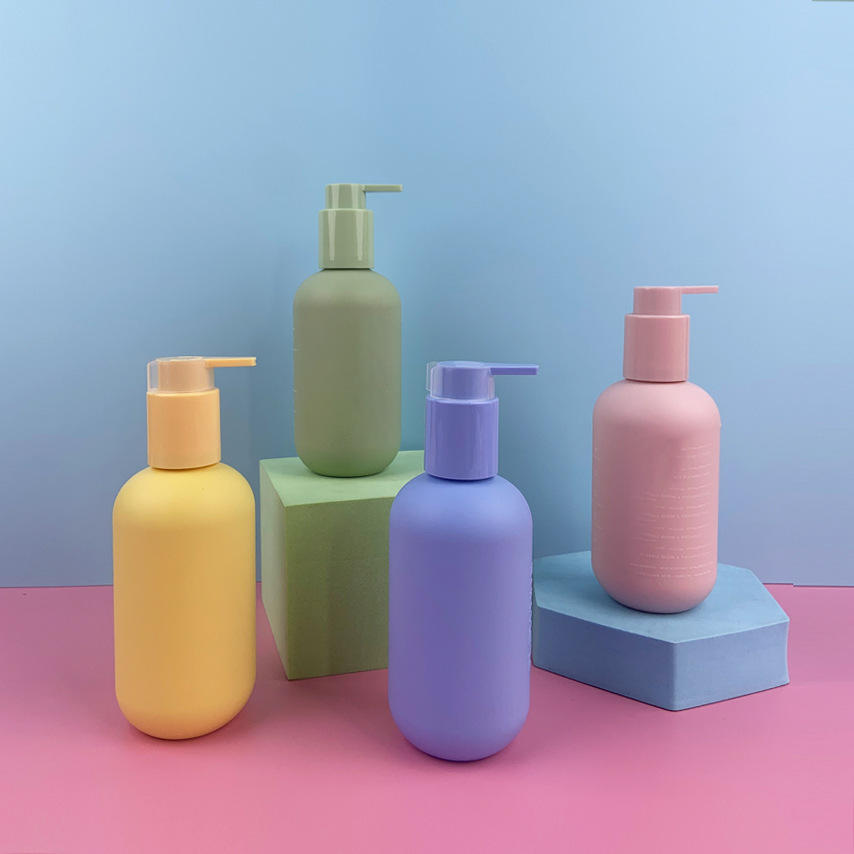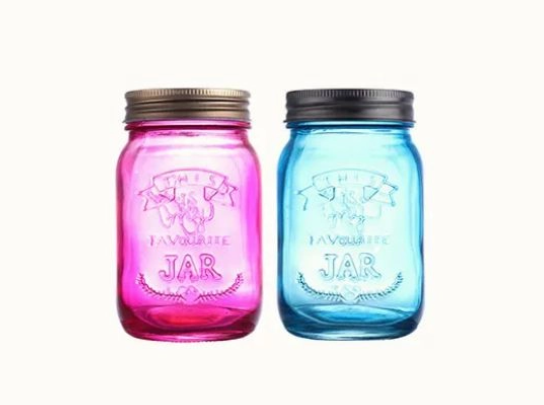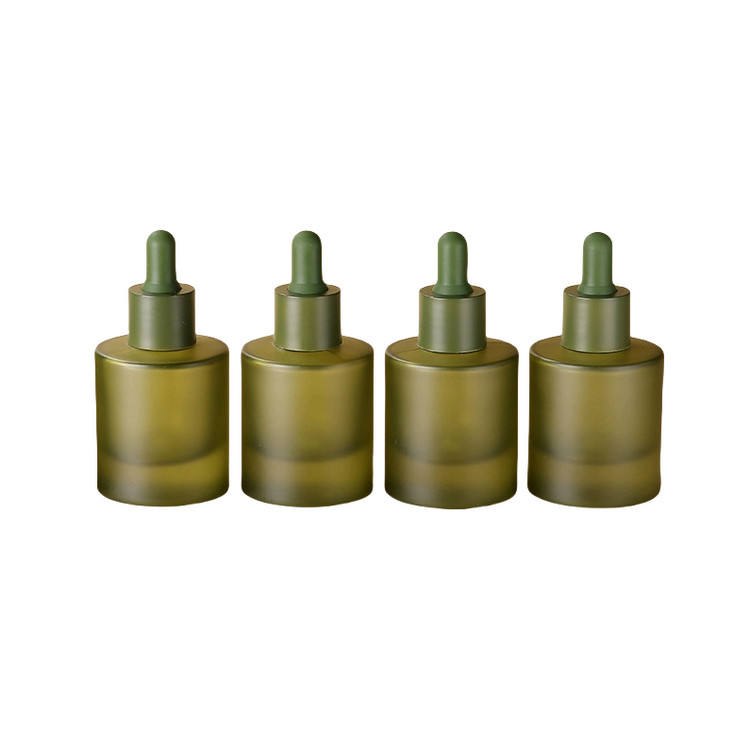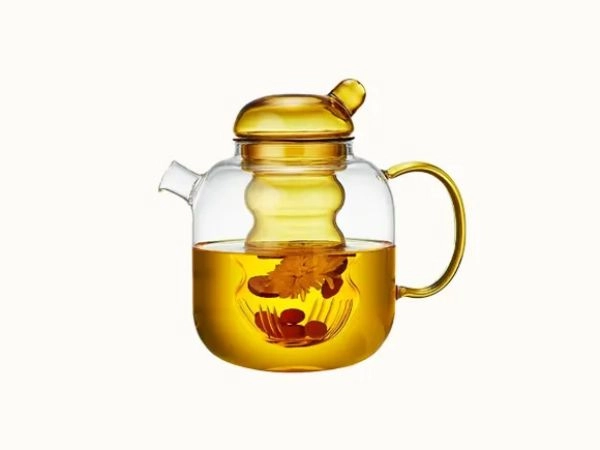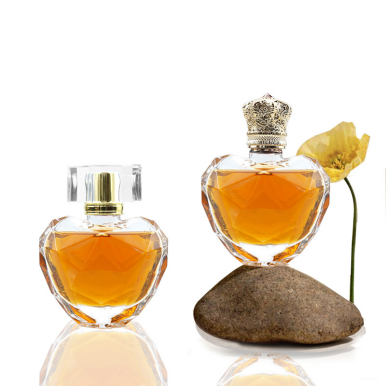Ever notice that almond oil—like many plant-based oils—almost always comes in glass bottles? That’s not a coincidence or a luxury packaging choice. It’s about preserving the integrity of the oil.
Almond oil comes in glass bottles because glass prevents chemical reactions, blocks contaminants, and protects the oil from light, heat, and oxidation—ensuring purity and shelf life.
Let’s explore the science behind this packaging choice and why it matters—whether you’re using almond oil for skincare, massage, formulation, or natural beauty products. From molecular stability to consumer trust, the right bottle makes all the difference.
Can I store almond oil in a plastic bottle?
Only under certain conditions—and not for long.
Almond oil should not be stored in plastic bottles for long-term use, especially if the plastic is not food-grade or essential oil-safe. Oil can degrade plastic over time, leading to contamination or spoilage.
Why Plastic Falls Short
Natural oils like almond are lipid-based, which means they can act as solvents over time—especially when combined with heat or light. Most consumer-grade plastics are not designed to withstand extended exposure to oil.
Common Problems with Plastic Bottles:
-
Leaching: Cheap plastics can release chemicals into the oil
-
Softening: Heat softens low-quality plastic, risking deformation or leaks
-
Absorption: Plastic can absorb the oil’s scent or color
-
Contamination: Oil may absorb ambient odors, especially in recycled plastic
| Plastic Type | Safe for Almond Oil? | Notes |
|---|---|---|
| PET (#1) | Yes (short-term) | Use for travel or sampling only |
| HDPE (#2) | Yes (better) | Suitable for short-term storage |
| LDPE, PVC | No | Can break down and leach toxins |
At PauPack, we recommend glass as the primary container for all plant-based carrier oils. For travel kits or trial-size formats, we provide PET travel bottles with leak-resistant caps, but always emphasize short-term use.
Why are essential oils in glass bottles?
It’s all about stability and preservation.
Essential oils are stored in glass bottles—especially amber or cobalt—because they are highly reactive and can break down plastic or absorb toxins if stored in inferior containers.
Glass Provides a Non-Reactive, Stable Environment
Essential oils are highly concentrated and volatile. When stored in plastic, they can cause:
-
Container degradation
-
Chemical contamination
-
Evaporation through plastic walls
While almond oil is less reactive, the same concerns apply over time—particularly in warm or humid environments. This is why most brands extend essential oil packaging standards to almond oil and other carrier oils used in aromatherapy, skincare, and massage.
| Feature | Glass Bottles | Plastic Bottles |
|---|---|---|
| Reactivity | Non-reactive | May leach or absorb |
| UV Protection | Amber/cobalt glass | Limited, unless treated |
| Shelf Stability | Long-term safe | Prone to degradation |
| Perception | Premium appearance | Often seen as budget |
At PauPack, we manufacture pharmaceutical-grade amber and frosted glass bottles with a wide variety of closures—dropper caps, pump tops, and tamper-evident seals—to meet both regulatory and branding needs.
Does almond oil need to be in a dark bottle?
Yes—light can quickly degrade natural oils.
Almond oil should be stored in a dark (amber or cobalt) glass bottle to protect it from light exposure, which can cause oxidation, rancidity, and loss of nutrients.
UV Light Risks to Oils
Light exposure, especially UV rays, accelerates oxidation—a chemical process that breaks down the oil and turns it rancid. It can also lead to:
-
Sour or stale odor
-
Loss of vitamin E and fatty acid content
-
Color changes that indicate spoilage
| Effect | Result |
|---|---|
| Oxidation | Rancid smell, sour taste |
| Nutrient Loss | Decreased therapeutic benefits |
| Spoilage | Reduced shelf life |
Using amber or cobalt blue bottles is one of the simplest ways to guard against these risks. Clear glass should only be used when the product is boxed or stored away from light.
That’s why PauPack includes amber glass bottles as our default option for carrier oils. Our glass bottles not only offer protection, but they also elevate brand presentation and align with clean beauty and natural skincare values.
How can you tell if almond oil is pure?
Look, smell, and read labels carefully.
You can tell if almond oil is pure by checking its clarity, light golden color, mild nutty scent, and whether it’s labeled as “cold-pressed” and “100% pure” without additives.
Purity Checklist:
| Indicator | What to Look For |
|---|---|
| Label | "100% Pure Sweet Almond Oil," no fillers |
| Scent | Mild, nutty—not overpowering or synthetic |
| Texture | Smooth and light—not sticky or greasy |
| Color | Pale yellow or clear—no cloudiness |
| Packaging | Glass bottle, ideally amber or cobalt |
In addition, quality almond oil should absorb quickly when applied to the skin, without leaving a heavy residue. If it has a strong smell, cloudy appearance, or unusual thickness, it may be mixed with other oils or have gone rancid.
At PauPack, we partner with natural oil producers and wellness brands to provide full-spectrum packaging solutions—including purity-focused labeling, tamper-evident caps, and ingredient-safe containers.
Conclusion
Almond oil is stored in glass bottles for a reason: to protect its purity, scent, and shelf life. Glass—especially dark glass—is the safest, most effective way to deliver quality oil from the factory to your shelf. At PauPack, we design glass bottles that not only safeguard oil performance but also communicate brand quality and eco-conscious values—because packaging isn’t just a container, it’s a commitment.




